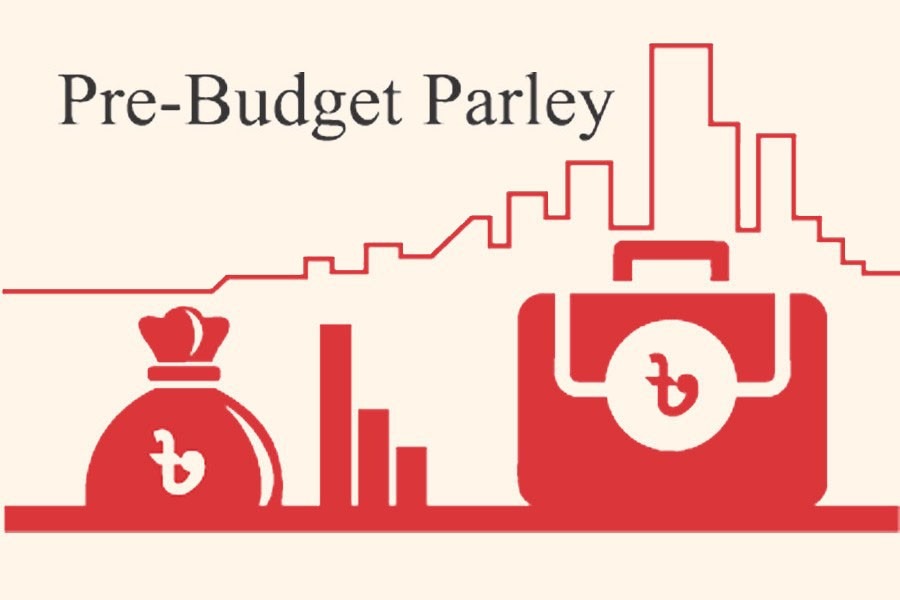
Published :
Updated :

There is a need for increasing investment in different socioeconomic sectors through the gender budget so that it helps the country achieve gender parity, speakers told a programme on Sunday.
They also said proper monitoring of implementing the budgetary allocation and holding consultation meeting with the women rights platforms are also vital.
They made the suggestions at a pre-budget discussion titled 'Investing in women vital to ensure gender equality' organised by the Bangladesh Mahila Parishad at its office in Segunbagicha area of the capital.
Lawmaker Aroma Dutta was present as the guest of honour of the event chaired by BMP President Dr Fauzia Moslem while Professor of economics at Jahangirnagar University Dr Sharmind Nelormi presented the keynote paper.
Research Director of the Bangladesh Institute of Development Studies (BIDS) Monzur Hossain, Research Director of the Centre for Policy Dialogue (CPD) Khondaker Golam Moazzem and Deputy Editor of the Business Standard Sajjadur Rahman were present as discussants.
Golam Moazzem said there is a kind of ambiguity with the definition of gender budget, which needs to be made more specific.
"The actual conditions of women's economic status could have been much better if the allocated amount was used properly," he said.
Referring to women's increased participation in agriculture, the economist said it happened as male counterparts are moving away to other sector creating vacuum.
"Still, women in agriculture get lower return comparing to their male counterparts in agriculture economy," he said.
Bangladesh's imminent graduation from the Least Developed Country (LDC) will create some challenges for the economy as well as the women, he further said.
Keeping this in view, he suggested forming a LDC graduation fund to finance for women as many NGOs and social development organisations are likely to receive lower fund following Bangladesh's gradation to a middle income country.
Mr Monzur Hossain said despite overall position of women in terms of education, financial inclusion has enhanced, still there is a significant gap.
He highlighted empowering of women through enhancing their skills through digital literacy as technological disruption are bringing in new challenges. In her speech, Dr Fauzia Moslem underscored the need for raising allocations and investment for women's development.
She also called for ensuring women's access to their land rights and energy to ensure their economic and social security.
saif.febd@gmail.com


 For all latest news, follow The Financial Express Google News channel.
For all latest news, follow The Financial Express Google News channel.